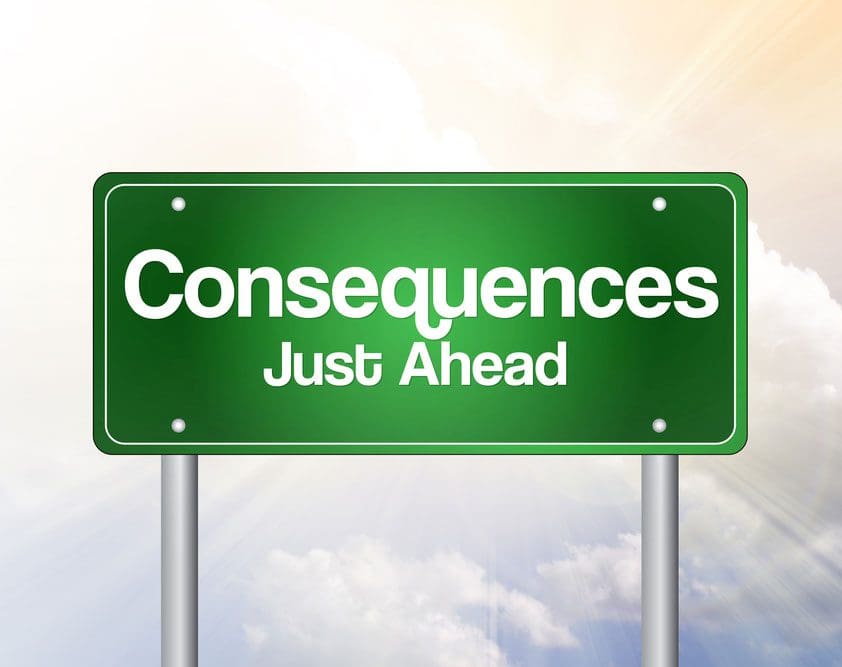 We have heard the myth that cats have nine lives, and the same seems to be true with those who suffer from addiction. Nevertheless, the unforeseen consequences of drug abuse are around every corner in the form of job loss, health issues, fractured relationships, legal defense costs, and much more. Ultimately, as the disease of addiction progresses, the person adopts Cunning, Anti-social & Toxic (CAT) thinking.
We have heard the myth that cats have nine lives, and the same seems to be true with those who suffer from addiction. Nevertheless, the unforeseen consequences of drug abuse are around every corner in the form of job loss, health issues, fractured relationships, legal defense costs, and much more. Ultimately, as the disease of addiction progresses, the person adopts Cunning, Anti-social & Toxic (CAT) thinking.
Overlooking the signs of addiction fuels the addiction.
In the early stages of addiction, the consequences of drug abuse are shrouded by the person’s agility and charismatic personality. When they slip and fall, forget a birthday, or get into a fender-bender, they can manufacture convenient excuses that are readily accepted by others. This cunning behavior is a double-edged sword. It can get the person out of trouble, like a Monopoly GET OUT OF JAIL FREE game card. But the fewer consequences they experience, the less fear they have–and this will only further fuel the addiction.
Drug addiction is a brain disease, and the consequences of drug abuse are not restricted to long-term use. An individual’s brain chemistry can be impacted by one dose, resulting in hallucinations, headaches, disoriented thinking, and compulsive drug craving. Heart disease, hepatitis, cancers, neurological diseases, neuromuscular diseases, and liver and kidney diseases represent just a fraction of the conditions that are linked to drug abuse (http://www.ncbi.nlm.nih.gov/pubmed/2201515).
In addition to the physical consequences of drug abuse, the emotional consequences present as depression, poor judgment, self-deprecation and the belief that the person is unworthy of love. This can lead to anti-social behavior as the person isolates themselves from family and friends. Far too often, this cunning, anti-social, and toxic (CAT) thinking leads to the ultimate consequence of drug abuse….an un-intended and un-attended overdose.
Drug addiction is also referred to as a family disease.
Those who love the person suffering from addiction are often the last ones to understand and accept that addiction is a disease. Challenged by denial and fear, family members engage in activities that enable their loved one’s drug use. The consequences to the family include fractured relationships, money and/or property losses, tragic accidents, and exposure to dangerous situations orchestrated by the addicted person.
Legal consequences of drug abuse can involve arrests, costly fines, incarcerations, and misdemeanor/felony charges. The courts have very little compassion for the disease that is characterized by unpredictable outbursts, DUI’s, traffic fatalities, vandalism, etc.
Drug addiction counselors and professionals stress that addiction is a “disease of choices.” Recovery depends on the daily choice to refrain from drinking and using drugs.



